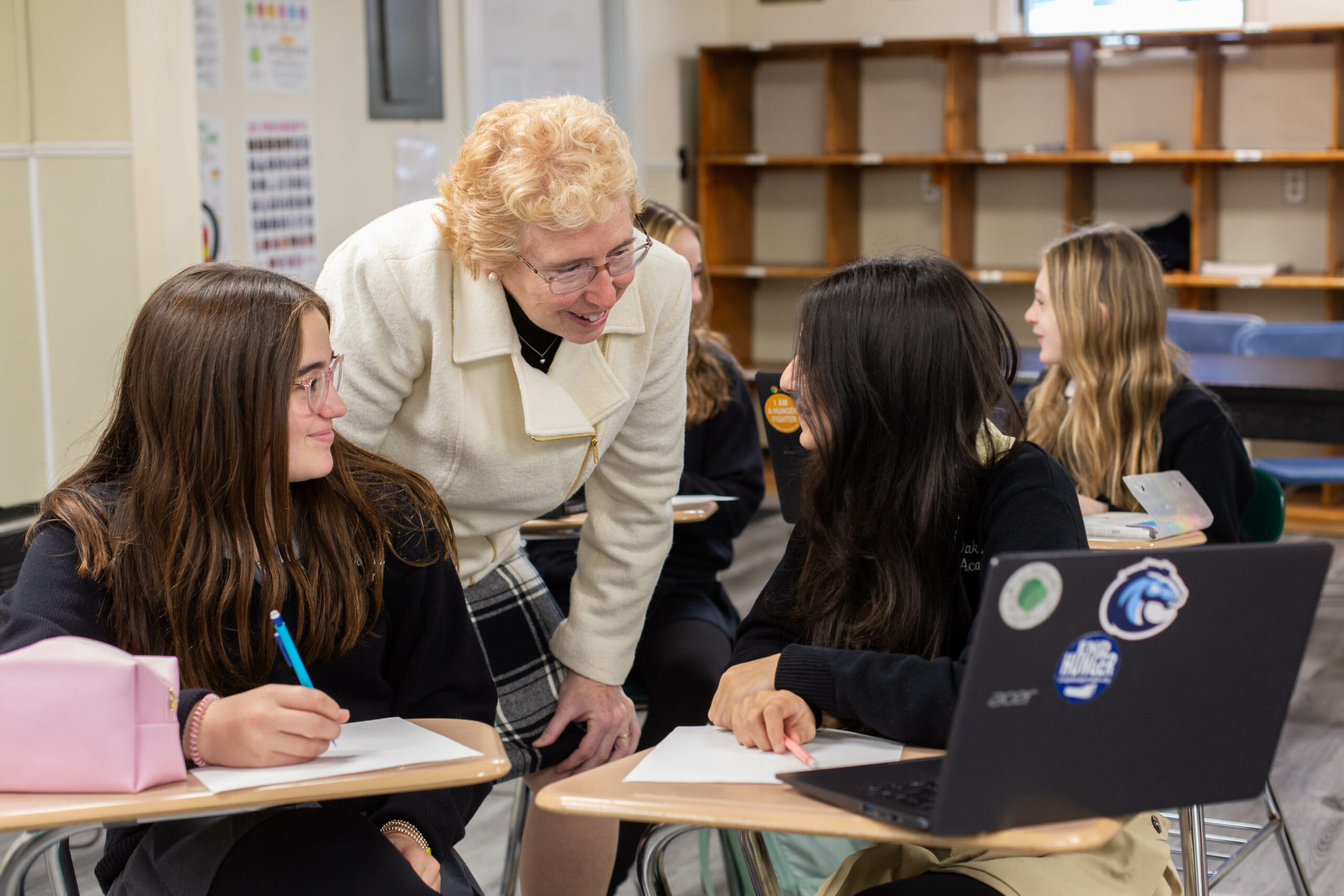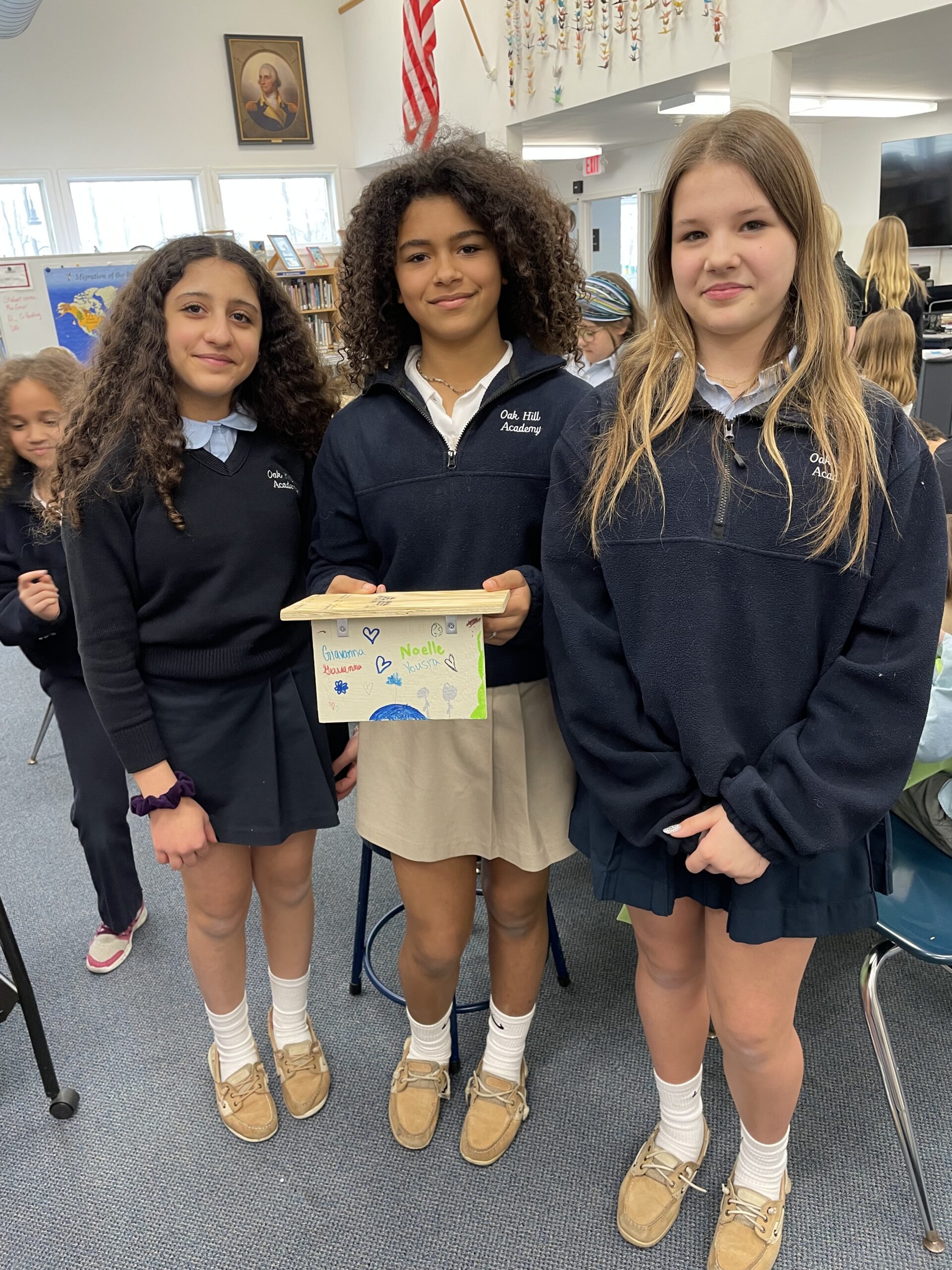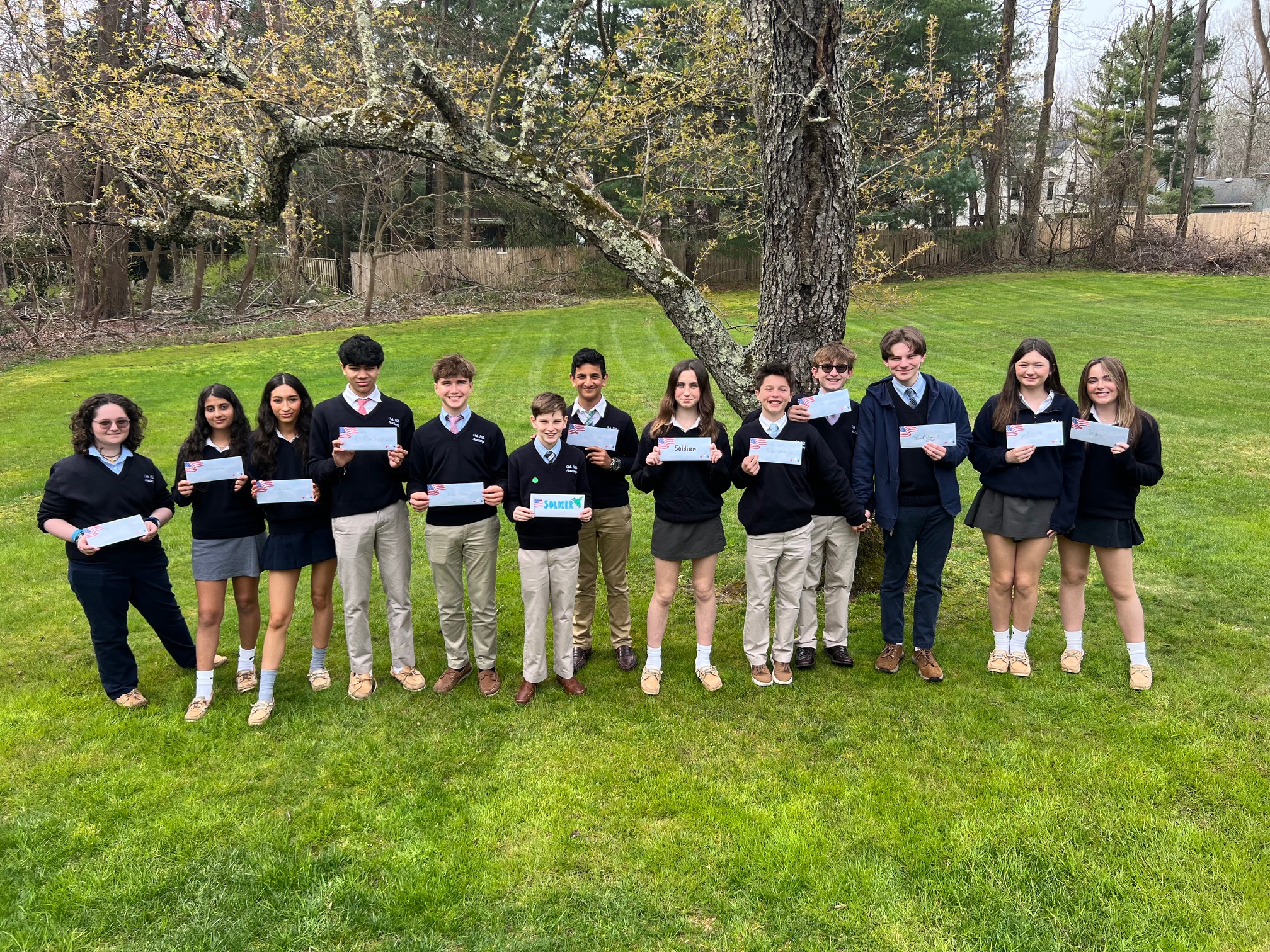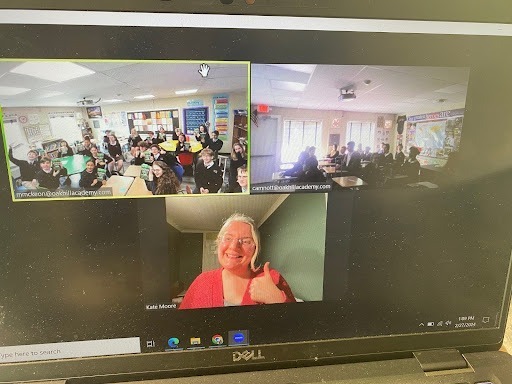In one of my last Blogs, I spoke about Spaced Repetition. Well, there is a co-technique which goes hand-in-hand with spaced practice which is merely the testing of retention shortly after learning to make sure encoding is accurate, then working longer to retrieve again, then waiting still longer for a third retrieval and so on. The idea is that our memory is improved more by active than by passive repetition. Psychologists believe that the brain performs better if it is continuously tested over intervals of time rather than learning through lectures, reading, and highlighting, etc.
This low-stakes testing is called, The Testing Effect, and if used properly, is believed to improve retention greatly. This technique allows the brain to retrieve without deep study, but by repeated effort to recall, thus trying to draw out knowledge from the brain rather than putting information in. Each attempt to retrieve makes the brain implant this knowledge into long-term memory. With each attempt, feedback that includes the correct answer increases learning because it enables test takers to correct errors and to retain correct responses. Successful retrieval is the key here. It is also thought that testing promotes transfer of knowledge; that is, the knowledge gained through testing be flexibly used to contrast new responses and answer different questions.

Here at Oak Hill Academy, a private school in New Jersey, we will be experimenting with this technique starting in the new school year by instructing our 5th to 8th grades using repeated quizzing on delayed tests in both social studies and science classes. Frequent low stakes quizzing forces students to stay current with the course by studying more regularly. In addition, benefits of testing beyond the specific information have been found to increase retention of related, but non-tested material as well. It must be remembered, however, that retrieval practice should be used as a learning strategy, not as an assessment tool. Used properly this practice enhances learning overall allowing for added creativity and innovation. In other words, retrieval practice doesn’t just lead to memorization, it increases understanding. Since students have a better understanding of classroom material by having practiced using this information, students can adapt their knowledge to new situations, novel questions, and related contexts. Another huge benefit of this practice is that it helps us figure out what we don’t know.
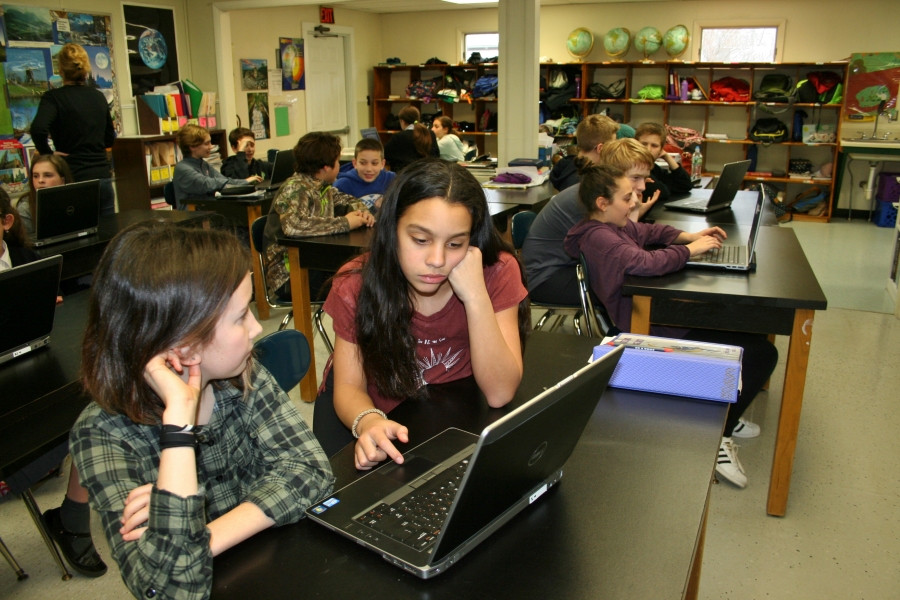
To study for a big test, many students reread their books and notes. But even more effective would be to try to remember the material on their own. That’s retrieval practice. It is a kind of active learning that many students don’t make use of. The key idea is that retrieval can turn passively – absorbed information into true understanding and knowledge. In other words, when students recall what they’ve learned, on a quiz or practice test with the book closed, it improves their knowledge. Two useful apps for retrieval practice are Quizlet and Anki.
Caution, there is a warning that goes along with all of this; retrieval practice makes learning effortful and challenging. Because retrieving information requires mental effort, we often think we are doing poorly if we can’t remember something. We may feel like progress is slow, but that’s when our best learning takes place. As the saying goes, “no pain, no gain.”



